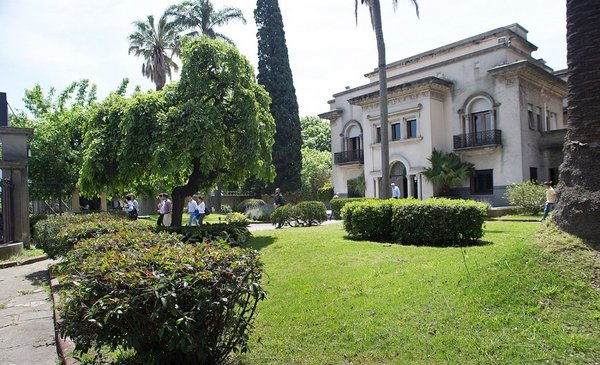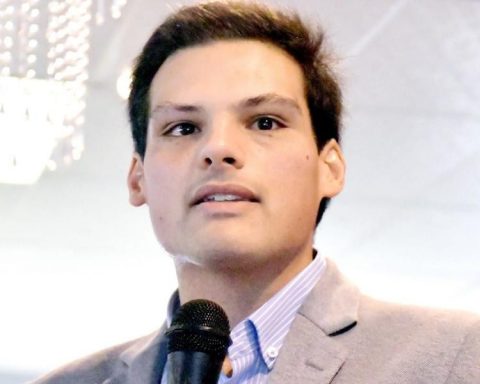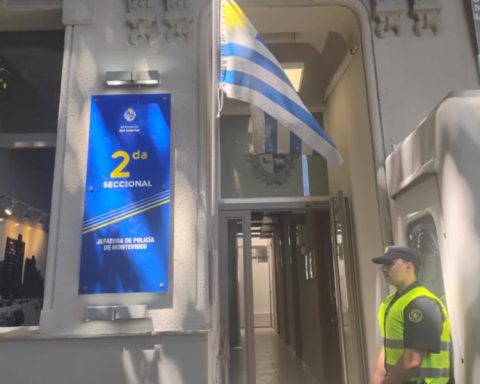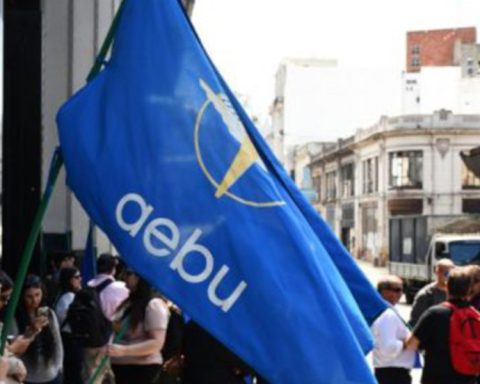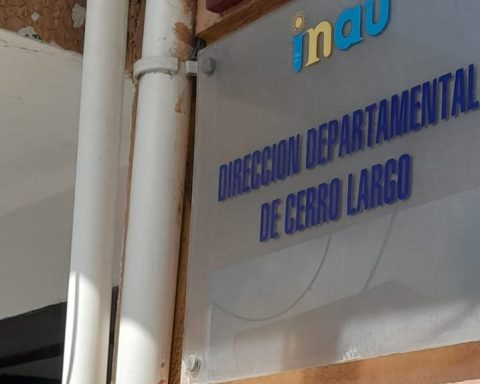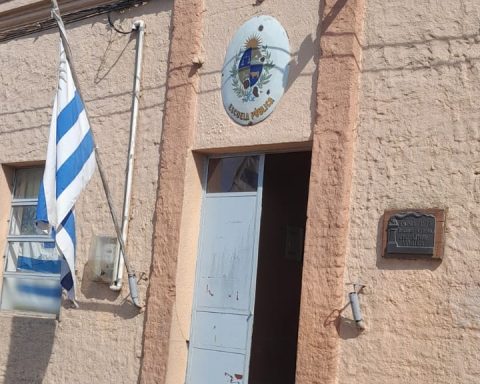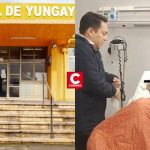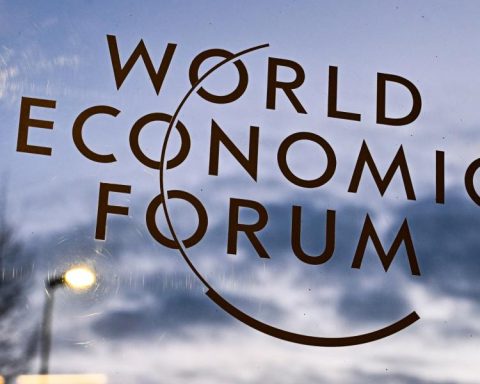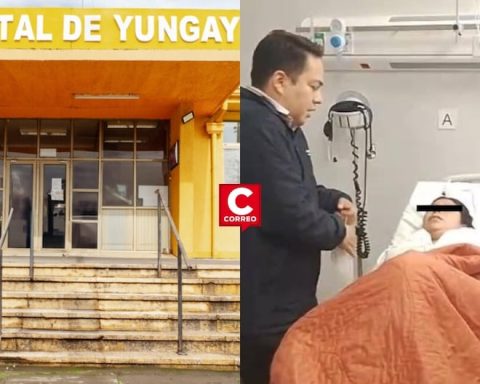At the time of conducting this interview with the current dean of the Faculty of Agrarian Sciences (FCA) of the Universidad de la Empresa (UDE), the agronomist Verónica Bertucci (Magister in Sustainable Development), showed great joy because she had come to witness the delivery of the first prize of the annual contest carried out by the National Academy of Engineering.
It happens that the traditional contest for final projects for undergraduate degrees in the engineering area was won by Fermín Puig and Julio Tarán, graduates of the FCA, who obtained the award thanks to the thesis with which they completed their career: ” Economic analysis of contrasting rice rotations ”.
The engineer Bertucci also relates that the other three research papers presented by FCA also received a “Mention Award”, which fills the entire FCA community with pride, which works tirelessly to give its students the best academic training.
How did the first career as an agronomist in a private university in Uruguay come about?
After 15 years of having a Bachelor’s Degree in Agricultural Management as a university degree, we consider that we had sufficient academic experience and capacity to develop the necessary infrastructure for a career in Agronomy. A career in Agronomy is unthinkable without a property where to develop the activities required by the training, so buying a property 55 kilometers from Montevideo to use as an experimental field was a key step. On the other hand, it was essential to expand the laboratories and greenhouse in Montevideo, on a property of more than half a hectare, an exclusive Campus of Agrarian Sciences.
Fermín Puig and Julio Tarán, graduates of the FCA, obtained the 1st prize in the annual contest of the National Academy of Engineering.
So it was a combination of academic experience plus investment in experimental field and laboratories?
Exactly, we forged our academic experience through 45 years of constantly growing educational activity, and that growth was accompanied by the investments required for a career in agronomy. The experimental field allows learning by doing, experiencing; everything that is done to understand and internalize theoretical concepts. On the other hand, the equipment made in the laboratories allows carrying out the practices that require subjects such as chemistry, biochemistry, microbiology, entomology or phytopathology, in addition to having a Biotechnology laboratory where students apply the latest technologies that the agricultural sector demands . It must be taken into account that at the Mercosur level, the Agronomy career was the first to define quality standards to go through an accreditation process that certifies its quality.
Basically, what do those Mercosur standards establish?
These standards define the agronomist of the 21st century, who must have an excellent scientific base and agronomic knowledge of plant and animal production essential to understand production systems and be prepared to face the challenges of agricultural production. The study plan was designed to meet those goals. Another valued aspect is that the graduate is a generalist agronomist engineer, it is not necessary to opt for a productive orientation, but that all have training in animal, plant, and environmental production. Today that is the trend at the regional and global level, where it is recommended that undergraduate training be general and that it be specialized, in the first instance, when making the choice of optional subjects and then in its thesis, and later deepen or specialize at the graduate level.
Is it to say that they train agronomists for the world to come?
It is thus, although Agronomist Engineer is an ancestral career, we educate to focus on the present and the future. Innovation in the sector is brutal and permanent. The Curriculum was thought and designed based on the reality we live in. I must add that the Study Plan is also designed in such a way so that students can graduate in 5 years or a little more, while continuing to carry out a research thesis that allows them to integrate knowledge and achieve a level of excellence in their training. Thus, subjects such as Research Methodology and Experimental Design are taught in the 4th year, so that students can develop their thesis during the last year of the degree. In addition to having a tutor, they have the support of the Research Department, led by the agronomist Gustavo Capra, with 30 years of experience at the INIA (National Institute for Agricultural Research). On the other hand, it is worth mentioning that we work with small groups, at defined hours (morning and evening), which allow study and work, a differential of our institution that we want to highlight. As a result, today the degree has been recognized for 12 years and with 7 generations that have completed their studies, giving rise to more than 200 graduates who are working in all areas of their concern at the national and international level.
What is the origin of the Faculty of Agricultural Sciences of UDE?
The origin is in the Technical Institute of Agrarian Sciences (ITCA), founded in March 1976 by Professor Enrique Martínez Gallardo, with the support of a Superior Council made up of notorious figures from the academic field. Since its inception, the ITCA and later the FCA have placed emphasis on the management of agricultural companies, as well as on the commercialization of agricultural products, training technicians with business training. At the end of the 1980s, a tertiary-level career, Technical in Rural Administration, was implemented with a duration of 3 years, which was the basis for the Bachelor’s Degree in Agricultural Management that was presented in 1996 as part of the project of the UDE and gives rise to the creation of this Faculty. That career produced a paradigm shift, gave business sense to the administration of agricultural properties, the Bachelor’s Degree in Agricultural Management, which quickly became an excellent response to the existing demand and today we find more than 1,500 graduates working in everything the country and abroad, whether in the region, such as the United States, Europe, Australia or New Zealand.
Are there facilities to study at FCA?
Yes, many, to begin with, it should be noted that we have implemented an automatic revalidation system for students who come from Udelar that allows them to revalidate up to 50% of the courses or exams given in another university career. There are also bonuses for early registration that are valid for the entire career, not just the first installment or the first year.
